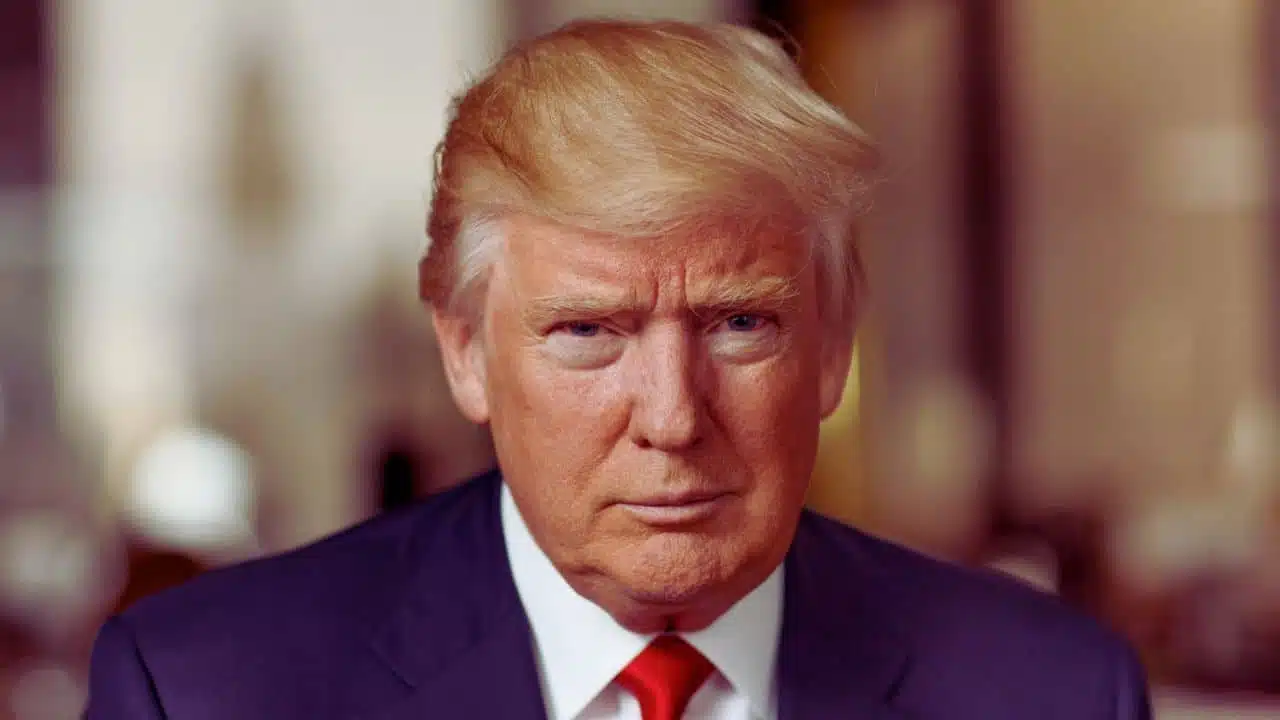A significant feature of Google’s search engine, Autocomplete, has come under scrutiny for allegedly failing to display results related to an attempted assassination of former President Donald Trump. This situation has led to accusations from Donald Trump Jr. and a Texas congressman, claiming that Big Tech companies are attempting to influence the upcoming election.
Autocomplete Anomaly Sparks Outrage
Google users recently discovered that the search engine’s Autocomplete feature was not suggesting results for queries related to the assassination attempt on Trump. This anomaly quickly gained traction on social media, where users, including a Texas congressman and Donald Trump Jr., shared screenshots showing empty suggestions for searches about the shooting at a Pennsylvania rally. The incident has raised questions about the reliability and neutrality of Google’s search functionalities.
Comparative Searches Show Bias
To investigate this issue, The Post conducted a series of Google searches using the last names of US presidents who have been assassinated or faced assassination attempts. When names like John F. Kennedy, Abraham Lincoln, Gerald Ford, Ronald Reagan, and Teddy Roosevelt were entered followed by the letters “assassi,” a helpful list of related search terms sprang into view. However, when the same was done with Trump’s name, Autocomplete offered no suggestions whatsoever. Even specific terms like “Trump assassination attempt” yielded no additional suggestions. This discrepancy suggests a potential bias in Google’s Autocomplete functionality.
Despite this, Google’s search results did include news articles about the July 13 shooting, indicating that the information is accessible but not being surfaced by Autocomplete.
Google’s Response to the Allegations
A Google spokesperson responded to the allegations by stating that no manual action had been taken on these predictions. They explained that their systems have built-in protections against Autocomplete suggestions associated with political violence. The spokesperson also mentioned that Google is working on improvements to ensure their systems are more up-to-date and reflective of current events. They emphasized that Autocomplete is merely a tool to help users save time, and people can still search for anything they wish. Following the incident, Google aimed to connect users with high-quality information and helpful results.
Social Media Uproar and Political Reactions
The peculiar behavior of Autocomplete quickly caught the attention of social media users, including Rep. Chip Roy (R-Texas), who confirmed the issue with his own screenshot. Trump Jr. also took to social media, posting a screenshot on X and accusing Google of “intentional election interference” to benefit Kamala Harris. He called the action despicable and claimed it was another attempt by Big Tech to meddle in the election.
Sen. Roger Marshall (R-Kan.) expressed his outrage on social media and announced plans to make an official inquiry into Google’s actions. He questioned why Google was suppressing searches about the Trump assassination attempt and shared examples of searches that returned results about Harry Truman instead of Trump. Sen. Marshall highlighted the inconsistency and demanded answers from the tech giant. He stated, “I look forward to hearing their response,” indicating his determination to hold Google accountable.
Broader Implications and Concerns
The Post also conducted searches for “Biden assassination attempt,” which similarly showed no Autocomplete suggestions. Although not widely considered an assassination attempt, the incident involving Sai Varshith Kandula, who drove a U-Haul truck into White House security barriers in May 2023 with the intent to “kill the president,” did not trigger Autocomplete suggestions either. This raises concerns about the criteria Google uses to filter sensitive information and whether it equally applies to all political figures.
The issue has brought to light broader concerns about the role of Big Tech in shaping public perception and access to information. With accusations of intentional interference and a Senate investigation underway, Google faces significant scrutiny over its handling of sensitive political information. The situation underscores the need for greater transparency and accountability in how tech companies manage and display search results, especially those related to political events and figures.
The Need for Transparency and Accountability
As the controversy unfolds, it highlights the critical role that tech companies like Google play in disseminating information. The allegations of bias and suppression of search results related to Trump’s assassination attempt have amplified calls for transparency and accountability. Ensuring that search algorithms and Autocomplete functionalities are free from political bias is essential to maintaining public trust in digital platforms. The outcome of the Senate investigation and Google’s response to these concerns will be closely watched by both political figures and the general public. This incident serves as a reminder of the powerful influence that search engines wield in the digital age and the importance of fair and unbiased information dissemination.




































